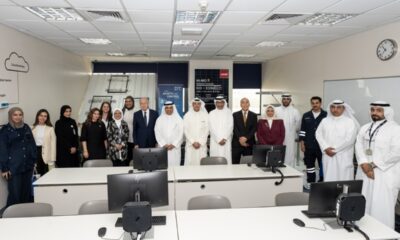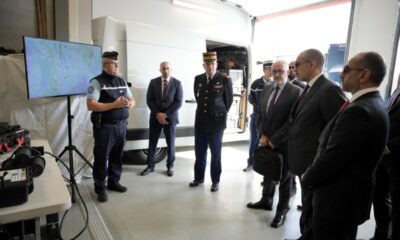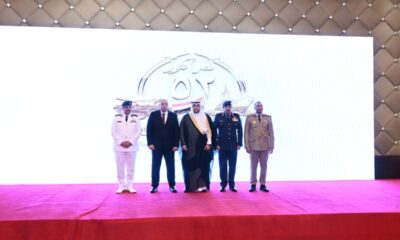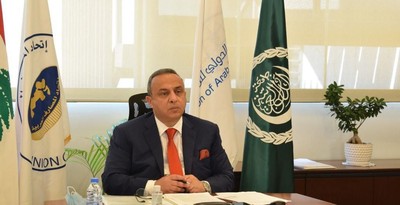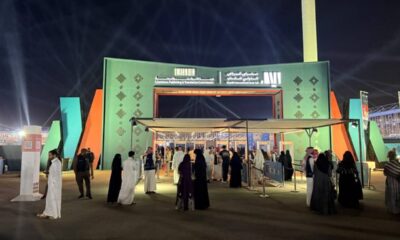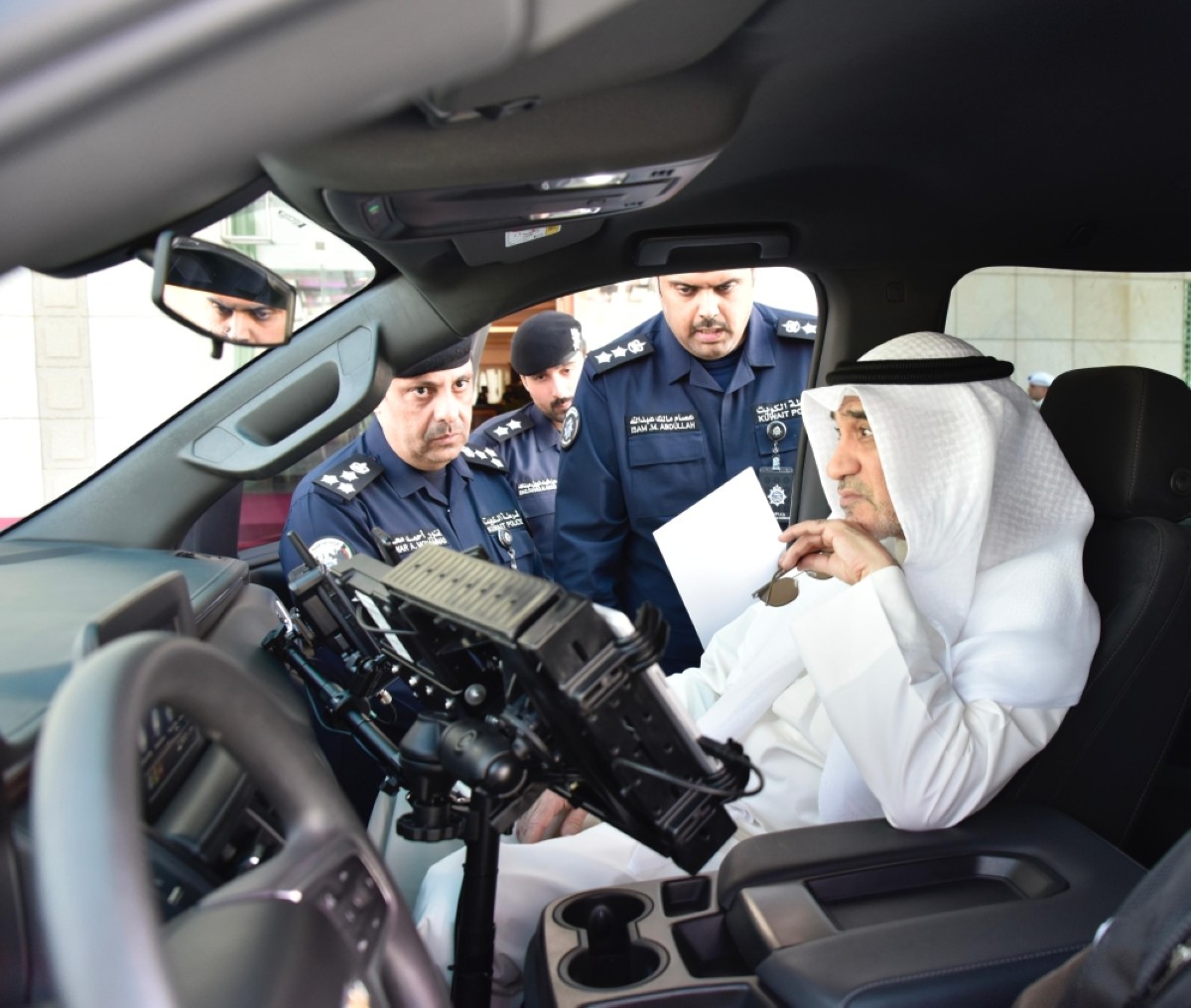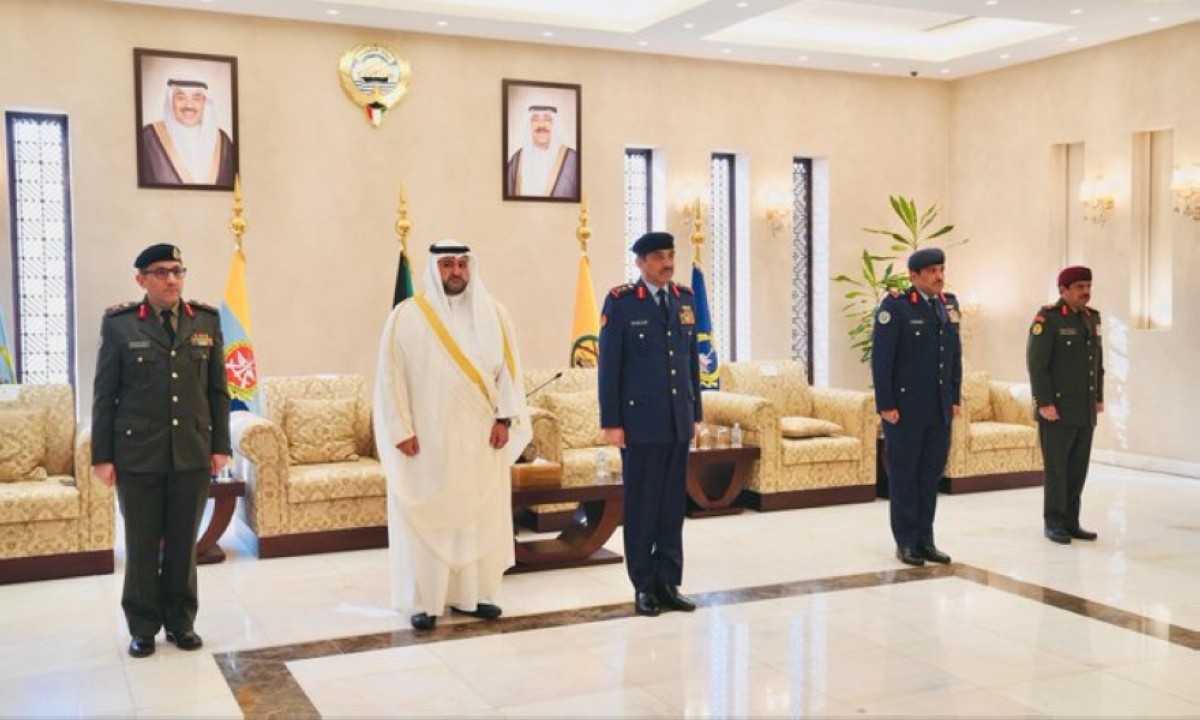By Dalal Al-Bairami
KUWAIT: As high school graduates prepare to leave Kuwait for university, and others return after years of living abroad, it’s important to explore the unique experiences of those coming home and the lessons they carry that may guide future generations. For many, the shift from being fully independent to rejoining a family and community-centered culture can bring a sense of disconnection or identity loss.
While some students are able to reintegrate smoothly, others find the return more challenging. The freedom and autonomy they enjoyed abroad suddenly feel restricted, and routines that once felt familiar can now seem stifling. Speaking to Kuwait Times, Fatmah Boresli, a graduate of the University of Bradford in the UK, reflected on her return. “I got so used to doing everything on my own, it was hard to adapt to an environment where everyone assumes you can’t do anything by yourself, especially as a woman.”
Despite the initial struggle, Boresli explained that the skills she developed abroad helped her both personally and professionally. “I became better at time management and taking initiative … I also became better at finding solutions without relying on anyone, even though it’s not expected of you anymore.”
Between two worlds
Studying abroad isn’t just about earning a degree — it’s about learning how to navigate a world in constant change. These students came back with perspectives that extended far beyond classroom lectures. “I became more open-minded,” said Bader Alqallaf, a graduate of Liverpool University. “It helps me interact with diverse people, both professionally and socially.”
Others, like Norah Alsayegh, also a Liverpool University graduate, said independence became a core part of her identity.
“I became more confident in speaking up. I learned how to take care of myself – mentally and emotionally. Those are things I carry with me every day now.”
But not all aspects of the return are smooth. Some students find themselves stuck between two versions of who they are: the person they became abroad, and the person they were before leaving. This internal tug-of-war between independence and cultural expectations can be disorienting.
“I was nervous because after living alone in the UK for so long, I knew the social dynamics and cultural atmosphere in Kuwait would feel very different,” Yahya Al-Wuhaib, a graduate of the University of the West of England, shared.
The skills he used every day abroad no longer apply in the same way at home — a change that’s both freeing and limiting. “I think other students will relate to the idea that transitioning into adulthood is scary when all we remember is being students.”
For many, the biggest fear upon returning is figuring out how to re-shape themselves to fit into what becomes the rest of their life. And yet, small comforts help ease that transition. “I missed family gatherings and good old Kuwaiti breakfasts,” Alsayegh said. “I missed the warmth of home — even the chaos of it.”
There’s a deep sense of comfort in returning to a place where you don’t have to translate the language, explain your identity, or justify your cultural background. For some, it’s the return to routine. For others, it’s the ease of simply belonging.
But returning isn’t just about falling back into old patterns. It’s about learning how to carry forward everything you learned abroad, without losing it in the process.
Yasmeen Al-Sayegh, who studied Political Science and Media in the UK, said global events shaped how she sees the world.
“I can’t remember a time when my studies weren’t affected by where I was. Having the ability to interpret world events and understanding the role of media changed my brain chemistry altogether.”
Quiet mourning
For others, like Boresli, returning came with an odd sense of duality. “When I would come back over winter or summer break, I found myself missing my apartment most of the time. I missed having a sense of privacy.” Those who returned from studying abroad shared a quiet kind of mourning for the version of themselves that lived abroad and doesn’t entirely translate back home.
Now, with their journeys abroad behind them, each student had a final piece of advice for those preparing to study overseas. “Let yourself get lost in a new city. These are the memories that stay with you,” said Norah. “Go with the flow,” added Al-Wuhaib. “These are some of the best days of your life. Don’t get so caught up in stress that you forget to enjoy it.” Yasmeen offered a grounded perspective: “Experience as much as you can, but hold on to your values. Set standards for yourself — they’ll keep you centered when things get overwhelming.”
Boresli reminded students that homesickness is natural: “It’s normal to miss home. Give yourself time. You’re stronger than you think.” And Alqallaf summed it up with a message of openness: “Be courageous. Don’t be afraid to ask questions, try new things, and meet new people. And always respect the country and culture you’re living in.”
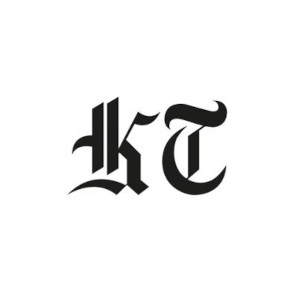

 Politics23 hours ago
Politics23 hours ago
 Latest News24 hours ago
Latest News24 hours ago
 Latest News22 hours ago
Latest News22 hours ago
 Politics14 hours ago
Politics14 hours ago
 Politics13 hours ago
Politics13 hours ago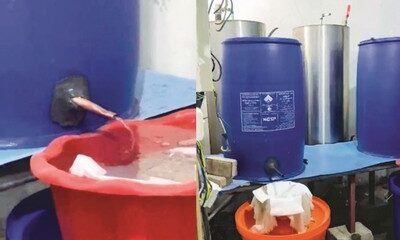
 Politics9 hours ago
Politics9 hours ago
 Business14 hours ago
Business14 hours ago
 Latest News14 hours ago
Latest News14 hours ago


